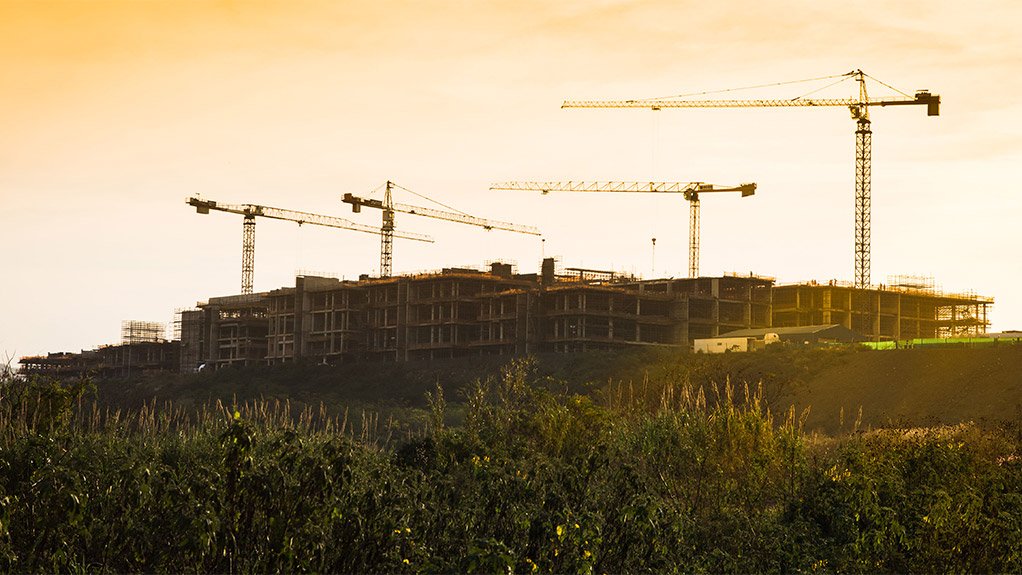Over the next three years, the Development Bank of Southern Africa (DBSA) will package blended finance megaprojects of at least R200-billion, while government has committed R10-billion for such projects over the same period.
Capital spending is the fastest-growing component of non-interest spending, which is complemented by the Infrastructure Fund.
The Infrastructure Fund, which focuses on blended-finance projects (which will be funded primarily by the private sector) is expected to increase private sector investment in public infrastructure and contribute to higher economic growth, productivity and employment creation.
The fund’s implementation unit, which is housed within the DBSA, aims to facilitate and speed up the development of projects and programmes, and to build a pipeline of potential projects worth over R700-billion over the next decade.
However, government has indicated that “stringent criteria” apply upon acceptance in the Infrastructure Fund pipeline.
In this regard, government said that projects must be large, as the preparation costs for blended-finance projects are “prohibitive for small projects” and large-scale investment is being targeted.
Projects must also be suitable for blended financing with clear and predictable cash flows, provide a “sufficiently attractive risk profile” for investors, and have the need for some financial support from government.
Projects in the fund must also mobilise private-sector skills and resources; align with government’s infrastructure priorities; be scalable and be replicable.
Over the course of the next three years, the DBSA will identify, plan and package at least five blended-finance megaprojects valued at over R200-billion, using the funds committed by government to close funding gaps and reduce risks to the private sector.
Results from the first set of projects will be used to adapt and strengthen the final design of the Infrastructure Fund, government said on Wednesday.
Currently, the DBSA is collaborating with private sector investment associations, the Banking Association of South Africa, the Association for Savings and Investment South Africa, as well as the Public Private Growth Initiative to build partnerships and attract private sector funding.
Recommendations on the public-private partnership (PPP) framework, meanwhile, are expected in September 2020, and feasible recommendations will be “incrementally introduced” to scale up the pipeline of PPP projects.
The review aims to identify and address challenges that have negatively affected PPP project readiness and private-sector participation. Improvements stemming from the review are also expected to enhance the Infrastructure Fund work on blended-finance projects.
In President Cyril Ramaphosa’s 2019 State of the Nation Address (SoNA), he said that the Infrastructure Fund implementation team has finalised a list of “shovel-ready projects” and has begun work to expand private investment into public infrastructure sectors with revenue streams.
These include areas like student accommodation, social housing, independent water production, rail freight branch lines, embedded electricity generation, municipal bulk infrastructure and broadband roll-out.
According to the 2019 SoNA, the team has a project pipeline with potential investments of over R700-billion over the next decade, including both government and nongovernment contributions.
EMAIL THIS ARTICLE SAVE THIS ARTICLE ARTICLE ENQUIRY
To subscribe email subscriptions@creamermedia.co.za or click here
To advertise email advertising@creamermedia.co.za or click here











